How To Help Save Our Pollinators
I just can’t get over the incredible variety of fruit, veg, nuts, herbs and spices that grow naturally in this world. I think it is amazing what we have available to us that quite simply grow on plants! This is why I love gardening and nature so much!
This is all possible because of pollinators! Bees, butterflies, beetles, and all sorts of other bugs as well as mammals are very important pollinators and without them nothing would grow, nothing would fruit and our eco-system would fall into absolute chaos.
So What Is Pollination?
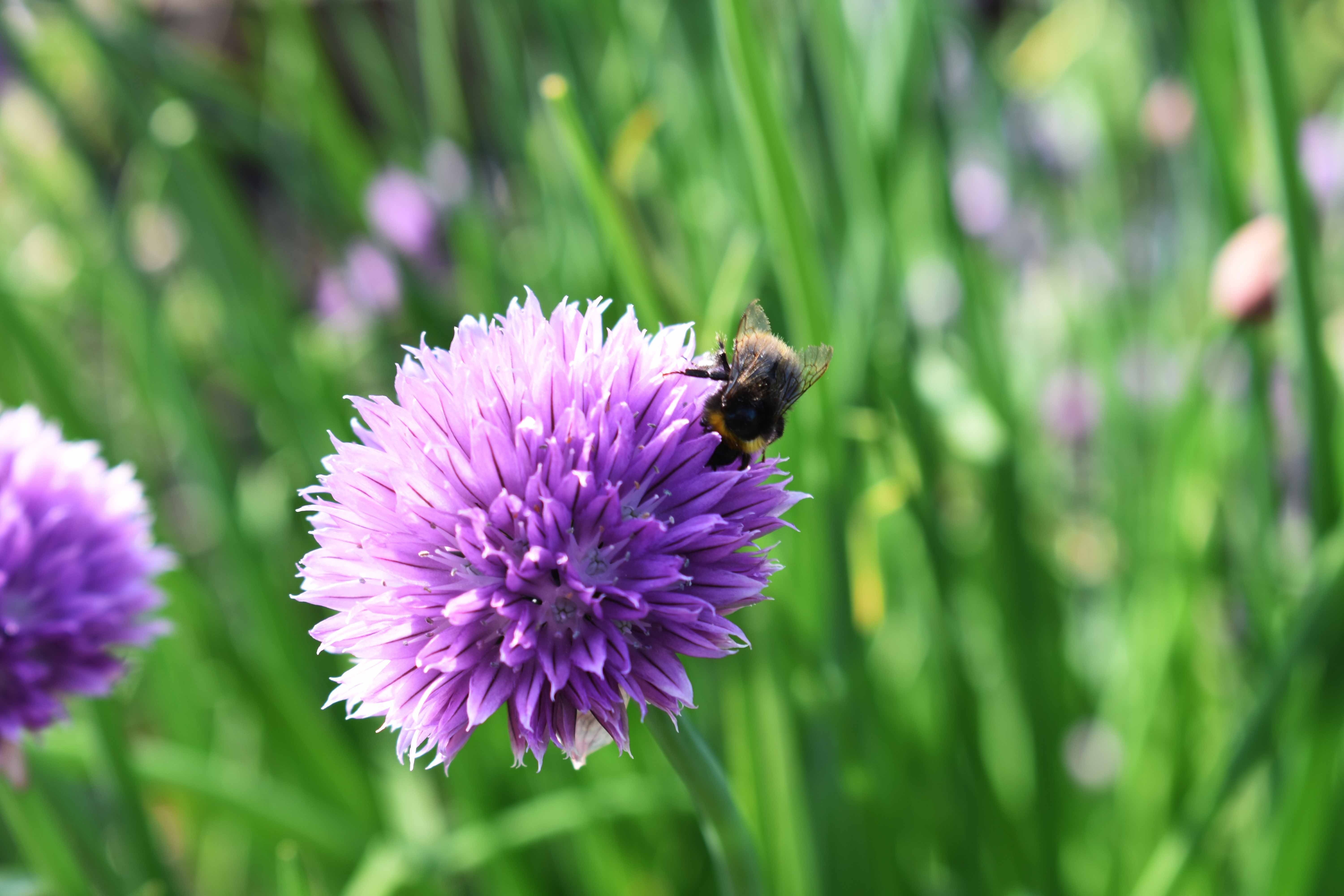
Pollination is how plants reproduce, is it a vital process where the male and female parts of the flower transfer important genetic material that is the essential for plants to create seeds leading to the next generation of plants. This can happen through self-pollination, wind and water pollination, or with the help of insects and wild animals.
So Why Are Pollinators So Important?
Pollination leads to the production of fruit and therefore seeds for new plants to grow. Wild animals and insects actually pollinate around 75-95% of flowering plants on earth and which allows those plants to reproduce. Without wild pollinators we would have to pollinate crops and plants ourselves which wouldn’t be anywhere near as successful and of course would cost billions!
Plants are not only a major source of food, they are also responsible for absorbing CO2 and turning it into oxygen, stabilising soils, supporting and sheltering wildlife while providing protection for us all from severe weather! So I think it is pretty safe to say that pollinators are an incredibly important part of this planet and a vital part of our survival.
In order for plants to reproduce and survive they need pollinators and we need a healthy ecosystem in order to survive, this is why it is so important we look after our local pollinators and help them to thrive.

Pollinators Need Our Help
Many pollinators, especially bees, are in trouble, their numbers are declining and some species are even endangered. The reason is a mixture of the following; climate change, reduced nesting and feeding habitats and pollution. The excessive use of chemicals such as pesticides and synthetic fertilisers and increased diseases due to an imbalance in the ecosystem it also a major contributor to the decline in pollinators. It is vital that we help our local pollinators as much as we can!
How Can We Help Them
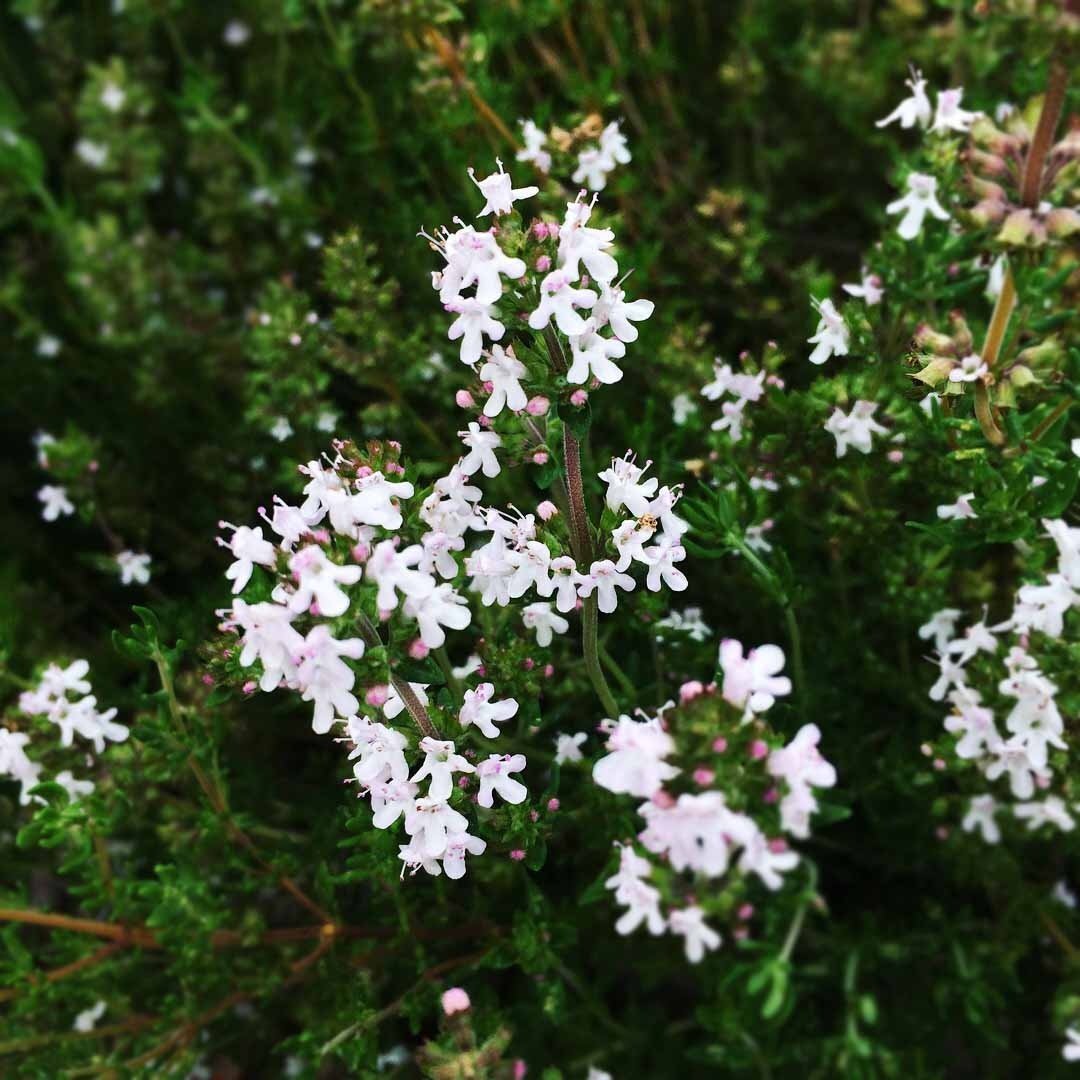
No matter where you are whether you live in a city, town, out in the middle of nowhere or if you live in a house, flat or on a farm, there is plenty you can do to help local pollinators.
If you own a farm, allotment or have a little veg patch in your back garden, making room for natural habitats will not only help the local pollinators but this will also benefit your overall yields from your plants!
If you don’t have a garden, how about growing flowers in pots outside the front door, on a balcony (if you have one) or even using hanging baskets?
Plants That Pollinators Love:
There isn’t really a strict rule to what pollinators are attracted to, that being said there are definitely plants that are more attractive to them than others.
Growing traditional, native plants are a great place to start when attracting pollinators. Wild low maintenance flowers are also a very good option, while having a mixture of plants that flower at different times of the year is even better! Continuous bloom helps attract and support pollinators through out the year.
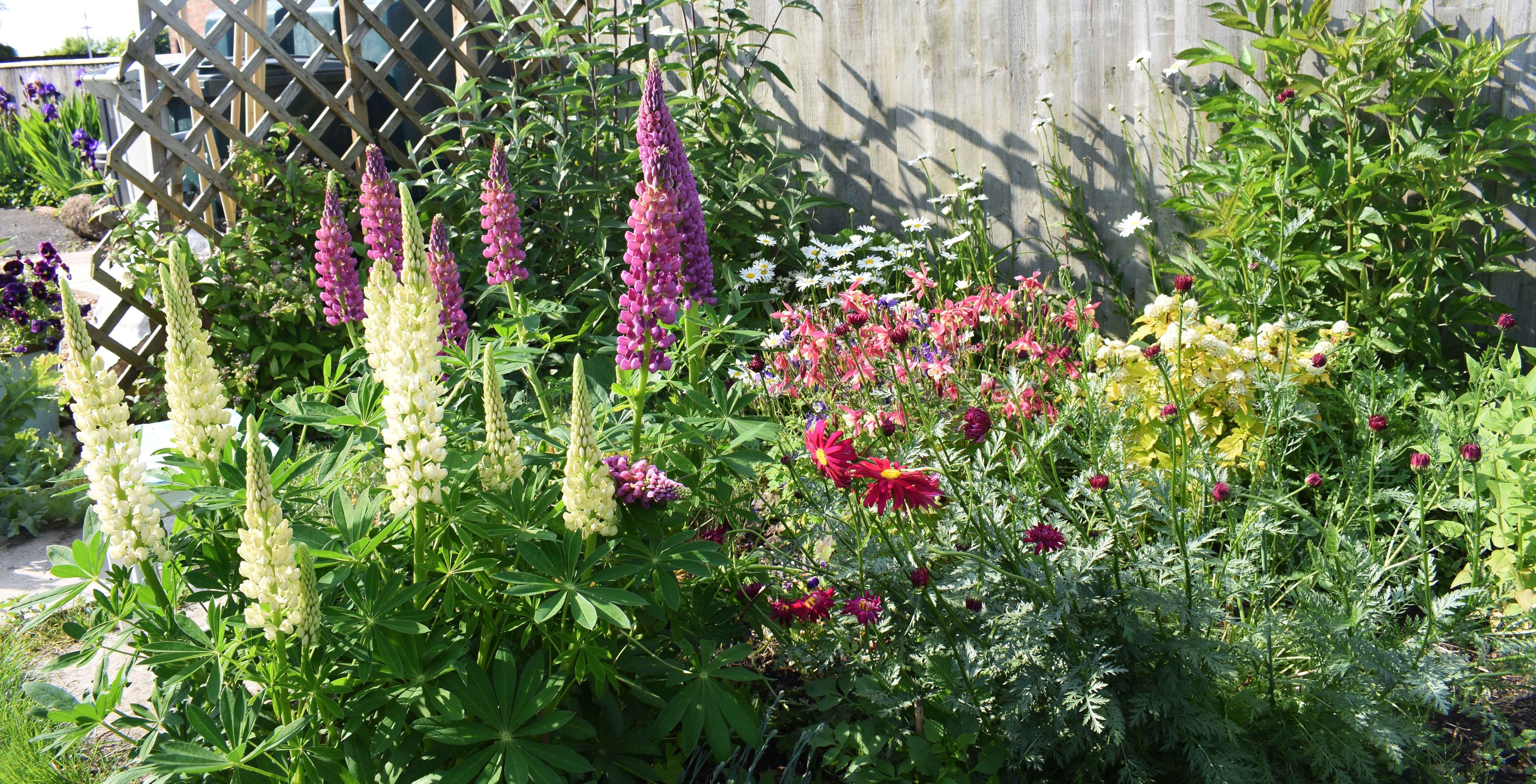
These are some great plants to grow for attracting pollinators:
Spring: Hebe, acer, native cherry, native plum, blueberry, crab apple, wallflower
Summer: Hollyhock, alliums, angelica, buddleja, heather, honeysuckle, cornflower, dahlia, Lavender, hydrangea, mint, peony, sage
Autumn: Chrysanthemum, dahlia, ivy, perennial sunflower, sage
Winter: Ivy, mahonia, clematis, snowdrop, crocus, hellebore
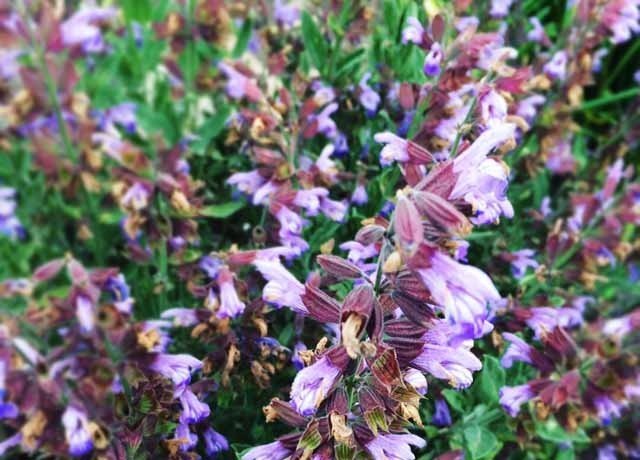
Herbs are one of my favourite types of plants, we have so many varieties in the Chintz Cottage garden! I love to cook and make teas with a variety of herbs, they add so much more flavour. Growing your own herbs is a fantastic way to attract pollinators and spice up your kitchen and lifestyle.
Bees, butterflies and other pollinators love flowering herbs but especially chives, lavender, sage, oregano, thyme and mint!
Providing Water
Providing a source of water is ideal, a bird bath works wonders, you can of course just use a shallow dish and keep it in a shaded area near your plants. Cleaning and refilling the water dish regularly helps prevent mosquitos!
Keep Some Shelter
Providing shelter for pollinators can be really simple, hedges, ivy and similar plants are great for sheltering and protecting all sorts of useful insects. Leaving a small area undisturbed can really help pollinators build homes and nest in peace, allowing them to thrive.
You may have also seen pre-made wooden habitats that you can buy in garden centres which are ideal but you can also make your own really easily.

Ditch The Chemicals
Chemical fertilisers and pesticides can seriously harm pollinators and other wildlife, if you have no other alternatives then use sparingly as well as trying to find the least harmful type.
Our soapnuts can actually be used to make a natural pesticide! All you do is make a soapnut liquid detergent (recipe can be found here) then mix 500ml of it with 10 drops of neem, lavender, rosemary or peppermint oil. Just spray this on your plants and you have yourself a natural pesticide.
You can also use garlic and onion in a spray, people also use citrus to repel pests. Another very popular way of fending off insects is by planting marigolds or petunias near your fruit and veg!
Strong scented herbs such as oregano, basil, parsley, peppermint and borage are great for preventing all sort of unwanted insects and attract pollinators!
There are also natural ways to fertilise your plants. You can of course use manure, coffee grounds, egg shells, banana peels and even dried weeds! Why use chemicals when there is plenty of natural ways to feed your plants which are far healthier and better for the environment.
Share The Knowledge
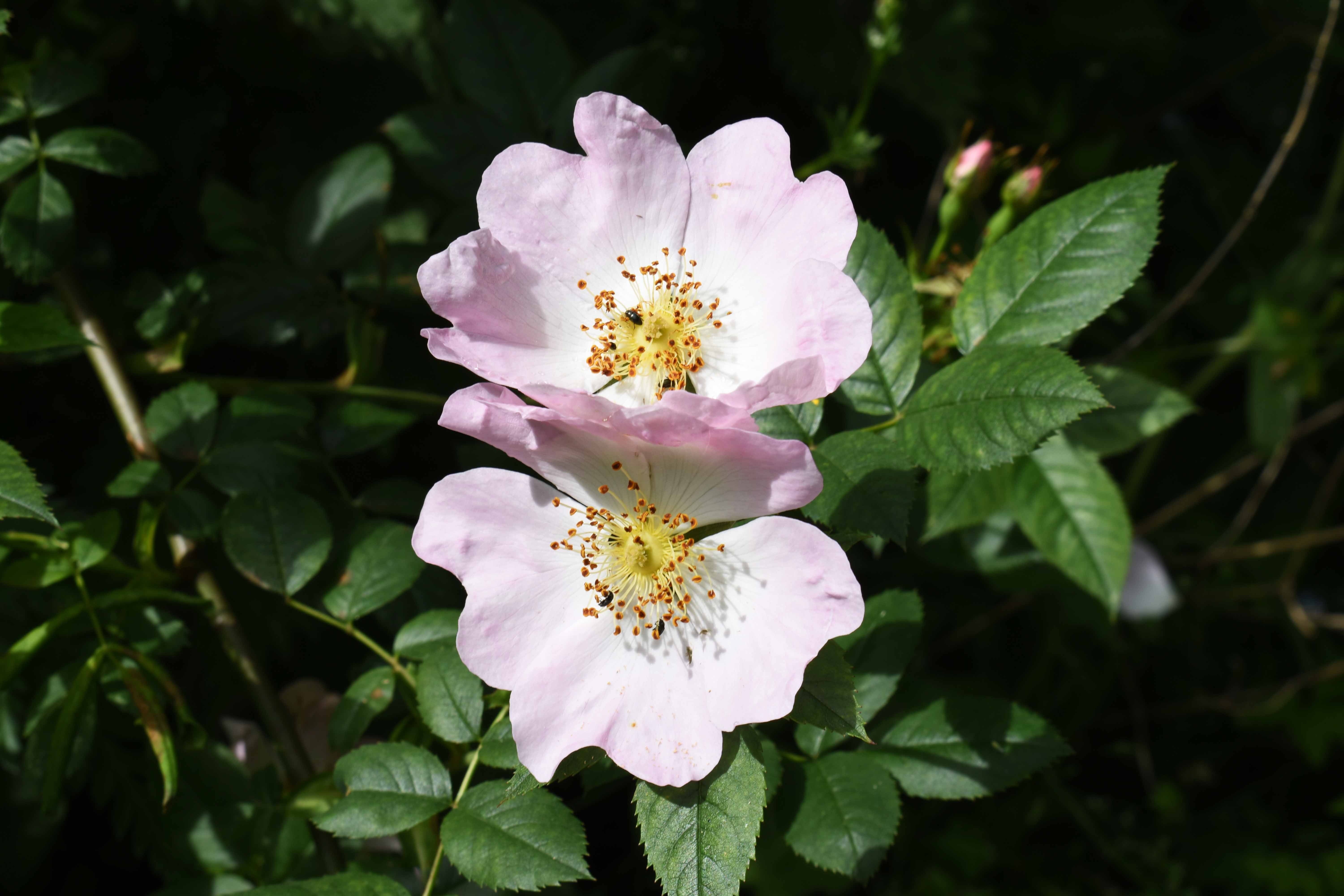
Tell your friends and family about why pollinators are so important and why it is so vital we all help them to thrive.
A perhaps sneaky, but great way to encourage others to help pollinators is to buy plants as gifts for your friends and family. You can even grow your own plants from seeds and give them away.
Flowers and plants can bring a lot of joy to many people which is just one of many benefits while helping and supporting pollinators.
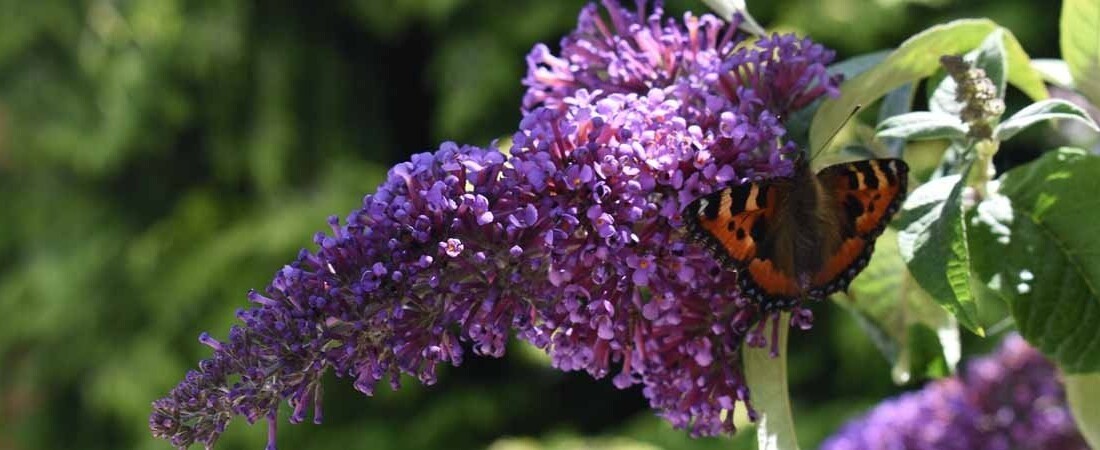




That’s great news!
I’m glad you like our post 🙂